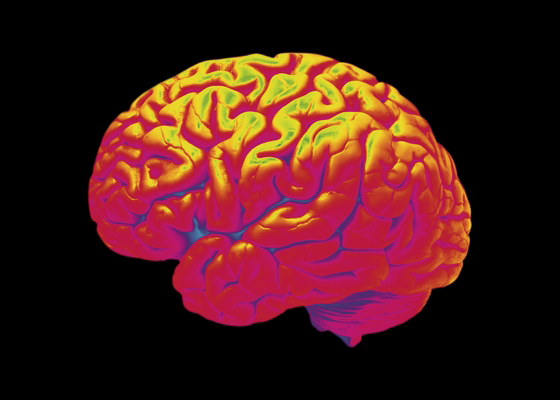The brain is a dynamic organ running off nutrients and energy. It runs most effectively when the nutrient mix contains the right mix of sugar, fat and insulin, just like our heart and muscles. There is more and more scientific evidence showing that if the balance of nutrients isn't right, the brain may be altered in such a way that its engines will malfunction in the future, leading to cognitive decline and, in the worst case scenario, dementia.
Our understanding of the role insulin plays in brain function is growing. Insulin seems to protect or promote health in the brain. People with insulin deficiency, such as seen in diabetes, are more at risk of developing cognitive decline and dementia, though much more research is needed to know whether this is due to insulin deficiency or, perhaps, the effects of other metabolic changes found in diabetes. CHeBA is currently exploring this.
Further, diet may affect brain in other ways, though the effects of different adverse nutrients, such as those found in junk food, including sugars such as sucrose, fructose and modified forms of these, in addition to fats, such as trans fats. excess nutrients will cause inflammation, which plays a significant role in diseases of ageing, such as heart disease. Inflammation is also considered to contribute to premature brain ageing.
Doctors have for a long time considered that health starts with the foods we choose to put in our mouths. As the case may be, it may be more about what we chose NOT to consume.
View CHeBA Collaborator, Professor Katherine Samaras, explaining the link between eating, obesity and disease:
Watch the video: TEDxSydney - Katherine Samaras - Starve to Survive



